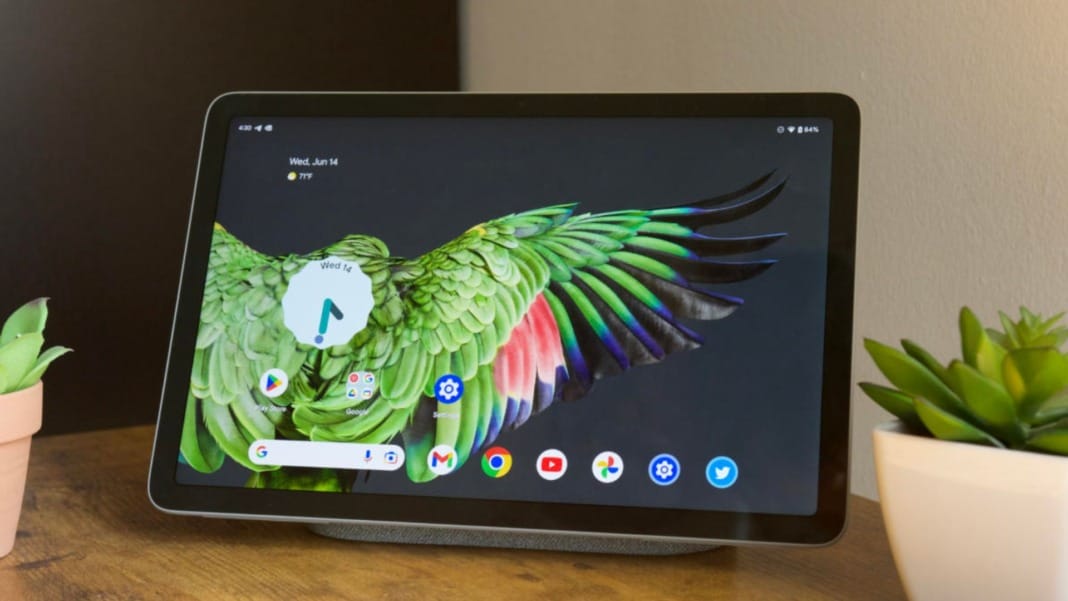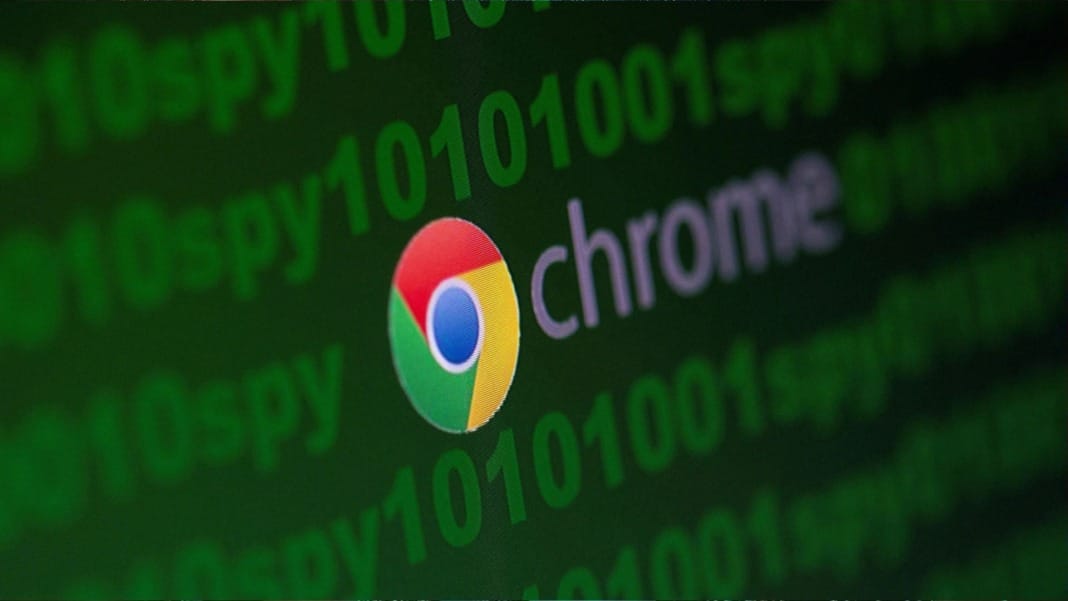Google might be planning a significant shift by merging its ChromeOS with Android, potentially redefining the future of tablets and Chromebooks. This move could make Google’s software offerings more appealing to users and better equip Android tablets to compete with Apple’s iPad, which dominates the market.
A vision for a unified platform
Sources from Android Authority suggest Google is inching closer to blending its Android and ChromeOS operating systems. The goal would be to combine Android’s entertainment-focused flexibility with ChromeOS’s productivity strengths. This unified system might eventually power Chromebooks and Android tablets, creating a seamless experience for users who want a device that caters to both work and play.
This strategy could make future Chromebooks and Android tablets more competitive against Apple. It could also help increase Google’s presence in the software market as the company strives to challenge Apple’s stronghold on tablet sales.
Rumours of new devices and market trends
The release of the Pixel Tablet 2, rumoured for 2025, adds fuel to the speculation. While this model might not include the merged system, later Pixel Tablet iterations could adopt the unified operating system. Additionally, rumours point to a potential Pixel Laptop that might run this reimagined Android OS.
According to StatCounter’s October 2024 data, Apple currently dominates the tablet market with 55% of the global market share using its iOS platform, compared to Android’s 45%. Google’s previous efforts to rival Apple’s dominance include partnering with brands like Samsung, Lenovo, and Amazon and releasing the Pixel Tablet in 2023. However, a single, powerful operating system could give Google the edge to attract more users and device manufacturers.
Merging Android and ChromeOS: A long-term project
Although Google hasn’t officially confirmed plans to unify Android and ChromeOS, the company has hinted at progress. In June, it revealed plans to incorporate parts of Android’s tech stack, such as the Android Linux kernel and frameworks, into ChromeOS. According to Android Headlines, this could pave the way for a deeper integration over time.
Google wouldn’t be the first to merge operating systems for greater functionality. For example, Lenovo’s ThinkBook Plus Gen 5 Hybrid operates as an Android tablet but transforms into a Windows laptop when connected to a keyboard. Brands like HP and Dell have also experimented with similar hybrid devices.
If Google’s project comes to fruition, it could change the landscape of tablets and laptops, making them more versatile and user-friendly. For now, it remains a long-term goal, but it’s clear Google is laying the groundwork for what could be a game-changing innovation.





